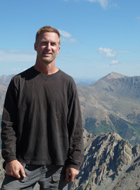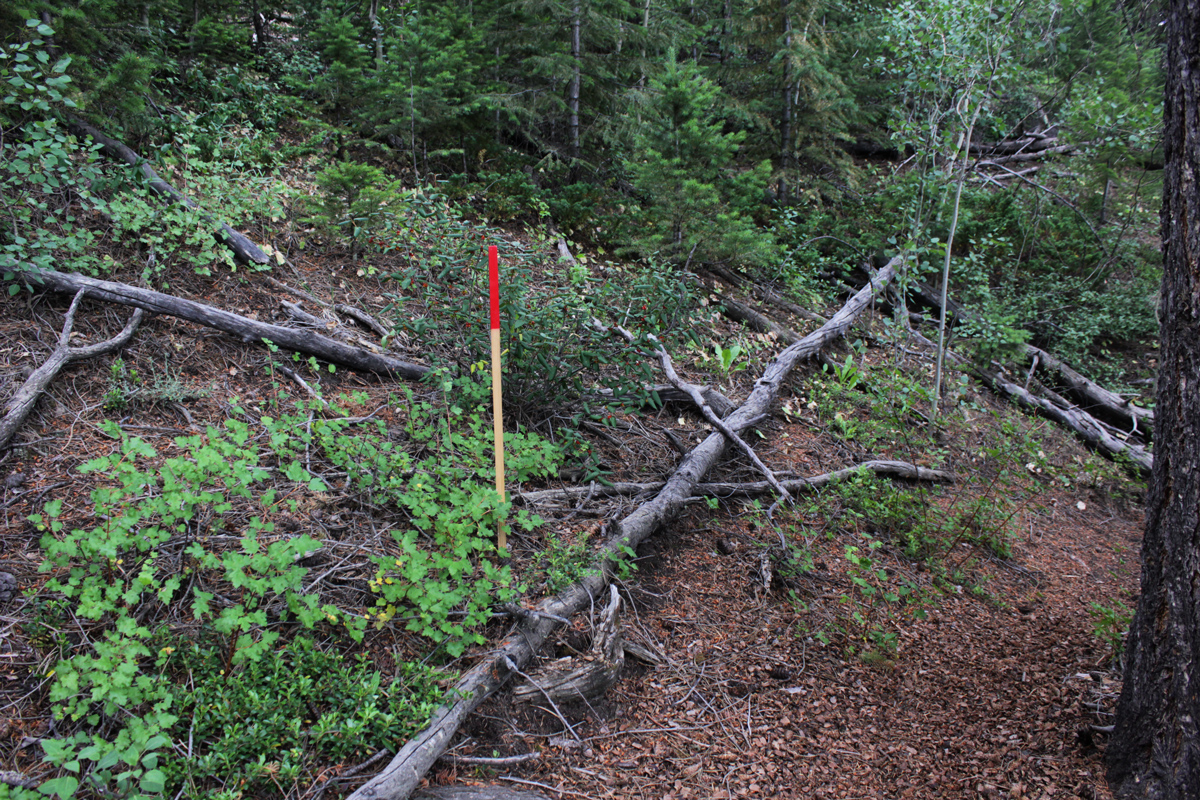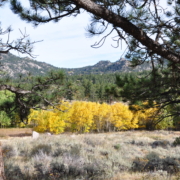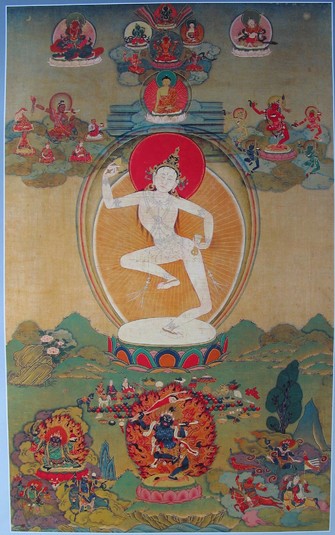Engaging the Rhythms of Our Living Earth Part 2
By Martin Ogle
 Martin Ogle will be leading Gaia: Engaging the Rhythms of Our Living Earth, March 21-23
Martin Ogle will be leading Gaia: Engaging the Rhythms of Our Living Earth, March 21-23
In the previous blog post, I briefly introduced the scientific view of Earth as a living system. In the quest to Engage the Rhythms of our Living Planet, let us expand our exploration . . .
When James Lovelock returned to England from working with NASA, a friend and neighbor was none other than William Golding, author of Lord of the Flies. Upon hearing Lovelock’s ruminations of a living planet, Golding urged his friend to name the idea “Gaia,” after the Greek Goddess of Earth. He felt this would honor the fact that Western science was rediscovering what ancient Western Culture held sensed mythically: that Earth is alive and that we are a part of her life. The mythical connection reminded us, that the human mind has, indeed, co-evolved seamlessly with a living Earth.
When, in the distant past, ancestral humans crossed a threshold of mental development to acquire self-awareness and awareness of time similar to that of modern humans, they must have been terrified! The awareness that they were going to die and the plaguing wonderment of why they were alive were surely the origin of what we now call “religion.” Our present-day religions, mythologies and stories surely echo and mirror our ancestors’ original explanations of these matters!
Since that ancestral time, the sudden breadth of our awareness has produced a tendency to mentally speed up and “get ahead of ourselves” unlike anywhere else in nature. Although our minds are natural emanations of Earth, the level and kind of our awareness of self and time are fundamentally unique. The discrepancy between the pace of nature and the pace and of the human mind is the source of much of our unhappiness and discontent. And, whereas non-human nature is purposeless, the human mind is often the hostage of purpose and meaning.
This is not to say that purpose and meaning are bad things (nor, could they be, for they are just part of our human nature). As a biological adaptation, a sense of purpose is a marvelous thing – it allows us to foresee and prepare for circumstances in the future that would otherwise harm us or even do us in. Thus, the question is not whether our awareness is inherently good or bad, but whether it goes too far. Knowing the human mind as emerging from a living, evolving planet allows us to consciously re-link with its rhythms allowing a harmony between our intellect and senses.
In his book From Eros to Gaia (1988) Princeton physicist, Freeman Dyson, intoned that “One hopeful sign of sanity in modern society is the popularity of the idea of Gaia, invented by James Lovelock to personify our living planet.” He believed that “As humanity moves into the future and takes control of its evolution, our first priority must be to preserve our emotional bond to Gaia.” In a 1994 speech The New Measure of Man, Former Czech President, Vaclav Havel cited the Gaia Hypothesis as one of the biggest reasons for this hope because it both confirmed and was anticipated by the myths, stories and religions of peoples around the world that saw human life as “anchored in the Earth and the universe.”
These words, and those of many other recognized figures from around the world, help create a reasoned premise that linking our intellect and our senses in a single “Gaian context”planet is a healthy and enjoyable way to be present in this world. I look forward to joining with you and others in March to explore this new territory through story, science, contemplation, art, and walks through the beauty of Shambhala Mountain Center.
~~~
Be sure to listen our recent interview with Martin Ogle, available to stream and download HERE
Martin Ogle will be leading Gaia: Engaging the Rhythms of Our Living Earth, March 21-23. To learn more, CLICK HERE








